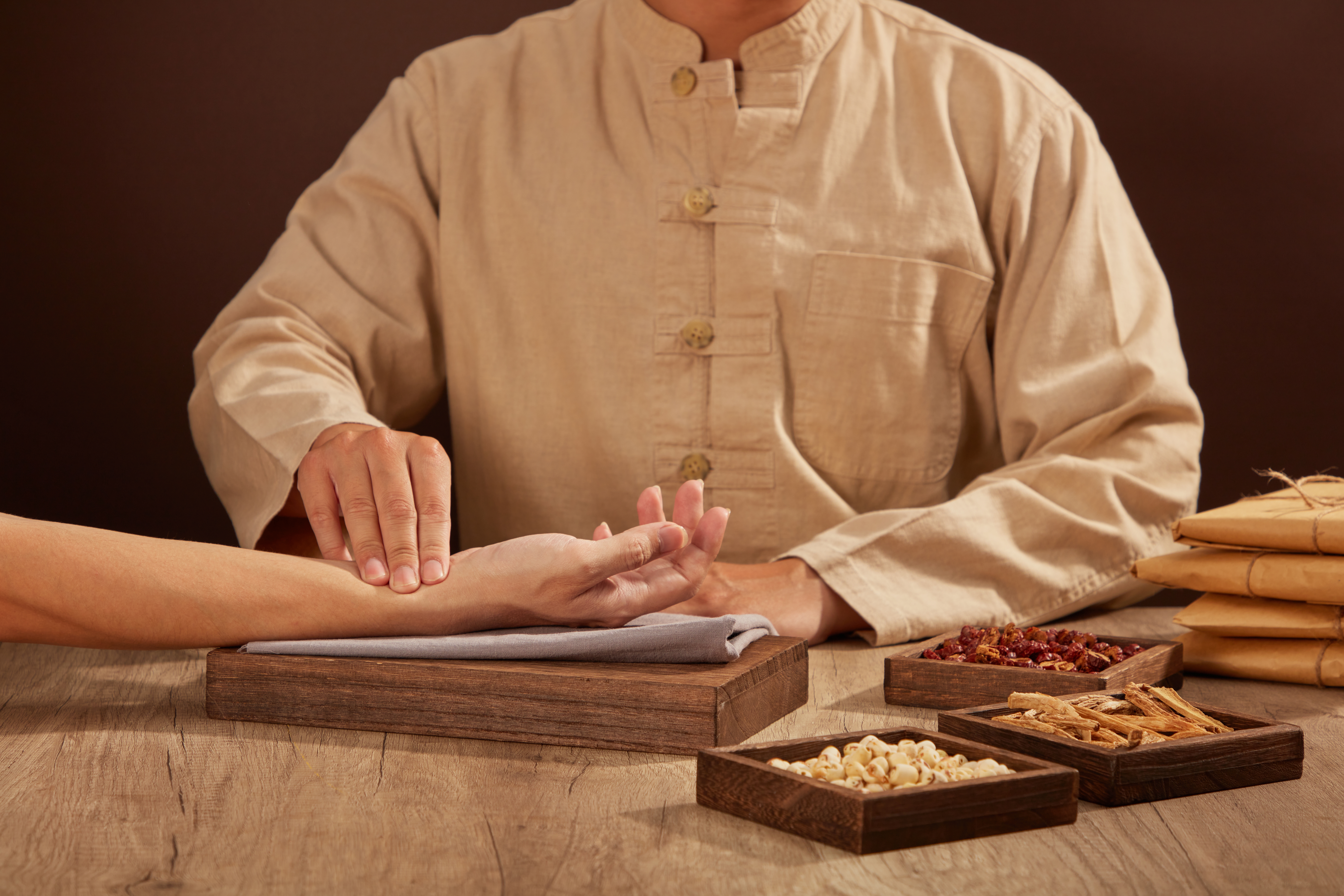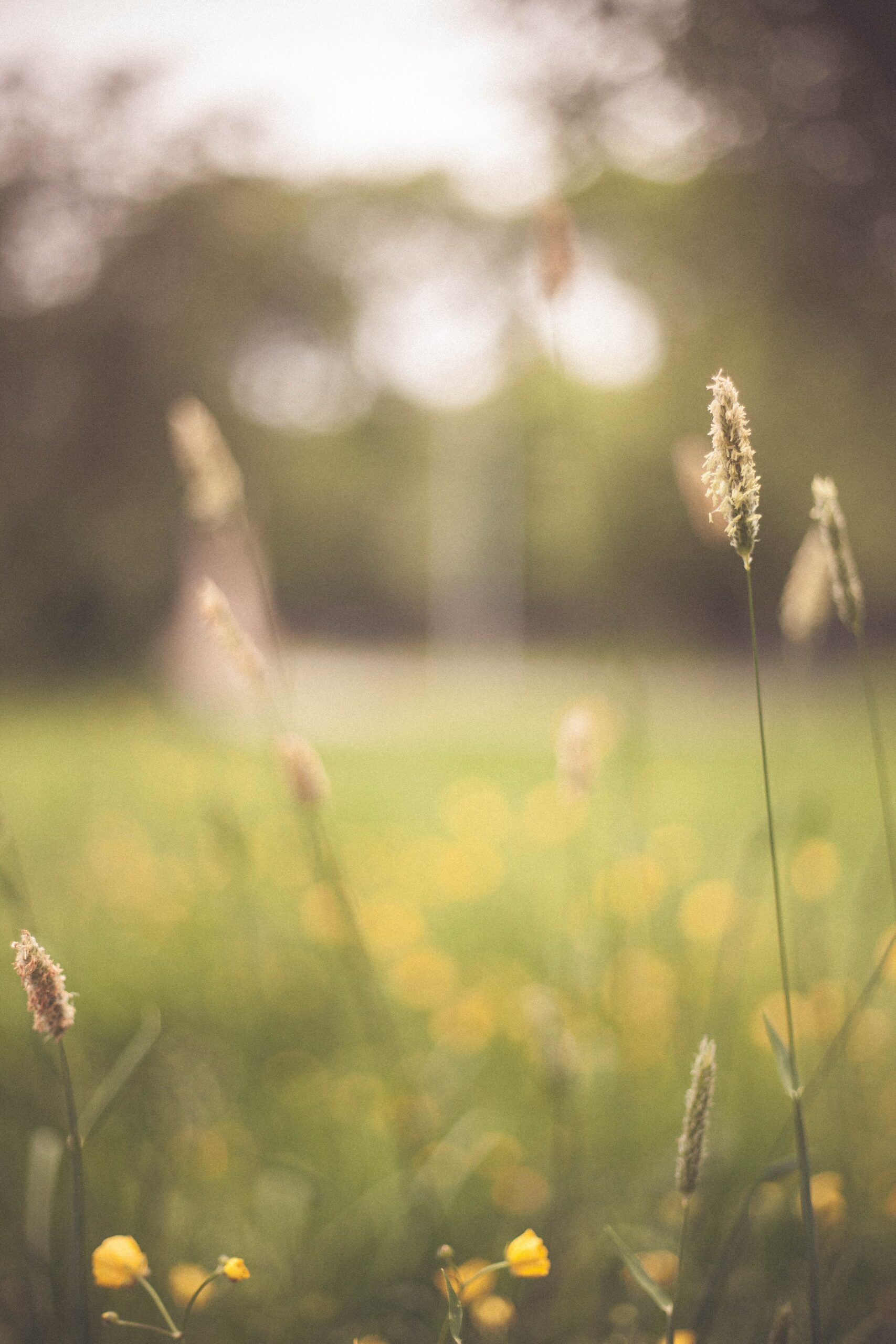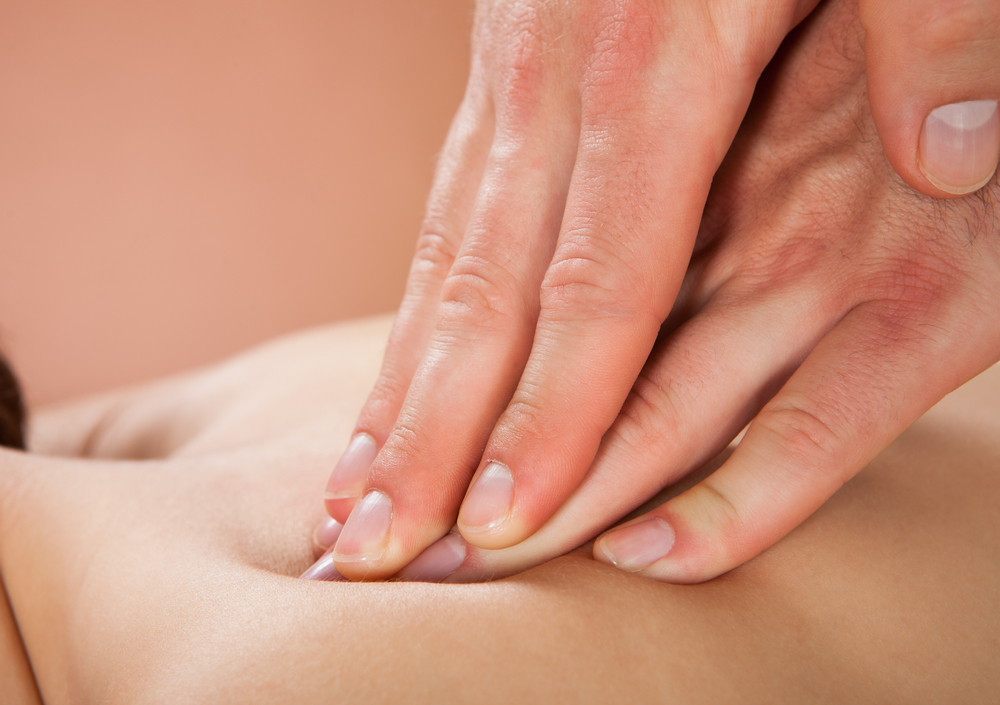
The Importance of Seasons in Traditional Chinese Medicine
In today’s world, so much of our lives are mediated through digital spaces. This can make it harder to feel connected to the natural world, but that connection is important. Our bodies, and our health, reflect the natural world. We feel the changes in seasons as much as we can see them happening out our windows. According to Traditional Chinese Medicine, our bodies are microcosms of the universe around us. This makes it important to understand each season, and act accordingly. That’s why we’re talking about the season and their importance to maintaining optimal health and wellness.
What is Traditional Chinese Medicine (TCM)?
Traditional Chinese Medicine (TCM) is an ancient medical system that has evolved over thousands of years and is used to diagnose, treat, and prevent illness and disease. There are many branches of TCM, like acupuncture, tai chi, and herbal medicine. The foundational principle in TCM is that vital energy called Qi (pronounced “chee”) flows through our bodies. When Qi becomes imbalanced or stagnates, this causes us to become sick. Each branch of TCM employs techniques designed to restore balance and activate our bodies’ natural healing processes.
How does Traditional Chinese Medicine differ from western medicine?
The fundamental difference is in TCM’s holistic approach to medical treatment. Traditional Chinese Medicine treats all systems and organs in the body as being deeply interconnected. This interconnectedness is how modalities like acupuncture, which is non-invasive, treat conditions affecting deep tissue and internal organs. Further, TCM practitioners tailor their treatments to their patients’ individual needs, rather than rely on statistical models for how a condition should be treated. Put more simply, the goal is to restore you to good health rather than simply treat a collection of symptoms.

Why are the seasons important in Traditional Chinese Medicine?
In Traditional Chinese Medicine, the body is viewed as a microcosm of the larger surround universe. Each season corresponds with one of the five natural elements – fire, earth, metal, water, and wood. These elements also exist within us. The abundance of a season’s element can cause imbalance that disrupts our health. To maintain good health, TCM councils that we pay close attention to the bodily system’s most influenced by each season’s element, to nourish our bodies with foods that promote balance, and to engage in activities that harmonize with that season’s energy.
The principle of the five elements
There are five elements in TCM: wood, fire, earth, metal, and water. All of nature can be organized into one of the five elements. Called Wu Hsing in Chinese, the five elements principle provides us with a blueprint to understand how nature interacts with and impacts our bodies. Every element has a season, direction, climate, stage of growth, internal organ, emotion, and aspect of the soul. To maintain harmony and balance, we need equal measures of each of the five elements.

Spring according to Traditional Chinese Medicine
Spring is the season of rebirth. This is the ideal time to focus on cleansing your body to improve your overall health and wellbeing. This season is associated with the wood element, which represents movement, new life, and seeking places to create. As our bodies are microcosms of the universe around us, we experience a similar burst of new life in spring. Like trees, energy moves upward and outward from us as we shake off the winter hibernation. This manifests in a need to get out into the world, to start moving, and of course, in spring cleaning.
The two organs most associated with spring and the wood element are the liver and gallbladder. The liver is believed to be the home of the soul. It’s also responsible for the smooth flow of Qi throughout your body. As the liver stores blood and emotions, it is charged with detoxifying the body to allow for the smooth flow of Qi and balance our emotions.
The gallbladder is a close partner to the liver. It stores and secretes bile, as well as governs decision making and planning. The gallbladder is also believed to be responsible for our passion for life, inspiration, action, and assertiveness.
Summer according to Traditional Chinese Medicine
Summer is a time of abundant energy, long days, and sunshine. This is the time of year to start using all that energy you stored up during winter. Summer is ruled by the fire element, which is intense, dynamic, warm, and moving. It’s also associated with Yang energy, and represents expansion, movement, and activity. Summer presents us with the opportunity to put in motion all of the plans we formed in winter and spring.
The two organs that correspond with summer are the heart and small intestine. The heart, which pumps blood throughout our bodies, is also the home to our Shen, or spirit. As such, it is considered to be the source of our internal harmony.
The small intestine is one of our digestive organs. Its role in eliminating waste or unnecessary products extends to separating the pure and impure. This includes not just the physical aspect of digesting nutrition, but to how we process information and our emotions.
Late summer according to Traditional Chinese Medicine
Unlike in the western world, TCM includes a fifth season. Late summer is the period between the summer solstice and autumn equinox. The element for this season is earth, which represents stability, cultivation, and is the centre of the cosmic wheel of eternal motion. This is a transitional season when we start to move from the energetic seasons of spring and summer into the more inward and introspective seasons of autumn and winter.
The two organs associated with late summer are the spleen and stomach. The spleen is responsible for creating both blood and Qi. It transforms the food we eat into Ying Qi, or nutritive Qi, and transports it to other parts of our bodies.
The stomach is responsible for digesting food and drink, but equally important, it’s responsible for digesting our emotions. Worry, anxiety, and overthinking are all emotions associated with the stomach.
Autumn according to Traditional Chinese Medicine
Autumn is the season where we begin to turn inward. The days grow shorter, and nature prepares for the long hibernation of winter. This season is ruled by the metal element, which represents organization, order, communication, and setting boundaries. Autumn presents us with the opportunity to start planning our own hibernation in the winter.
The organs represented by autumn are the lungs and large intestine. The lungs are responsible for taking in the new. This manifests physically in respiration – taking in fresh air and expelling CO2. Emotionally, this manifests in clear thinking, openness to new ideas, and self-compassion.
The large intestine is responsible for letting go of wastes. The last stage of digestion takes place in the large intestine. Emotionally, the large intestine helps us to let go of that which does not fuel us.
Winter according to Traditional Chinese Medicine
Winter is a time of recovery and rejuvenation. This season is associated with the water element, which represents our deep energy reserves, as well as our ability to flow through life’s challenges without getting caught up or dragged down. It’s also associated with Yin energy, which is receptive, cool, and dark. Winter is an opportunity to rest and replenish our energy reserves in preparation for the year to come.
As the organs most closely associated with water, it is important to focus on the kidneys and urinary bladder during this season. Both play key roles in fluid regulation in our bodies. The kidneys are the storehouse for Jing, which is the TCM concept of “essence” and is comprised of Yin and Yang energy. As the storehouse, the kidneys are responsible for sparking or igniting the energy that flows through our bodies. The urinary bladder is a reservoir where water in our bodies collects. When the bladder is not functioning properly toxins accumulate causing depression, fatigue, and difficulty adapting to new circumstances.
It’s important at each change of season to schedule a tune-up acupuncture appointment to ensure that you move into the new season on your best footing.



